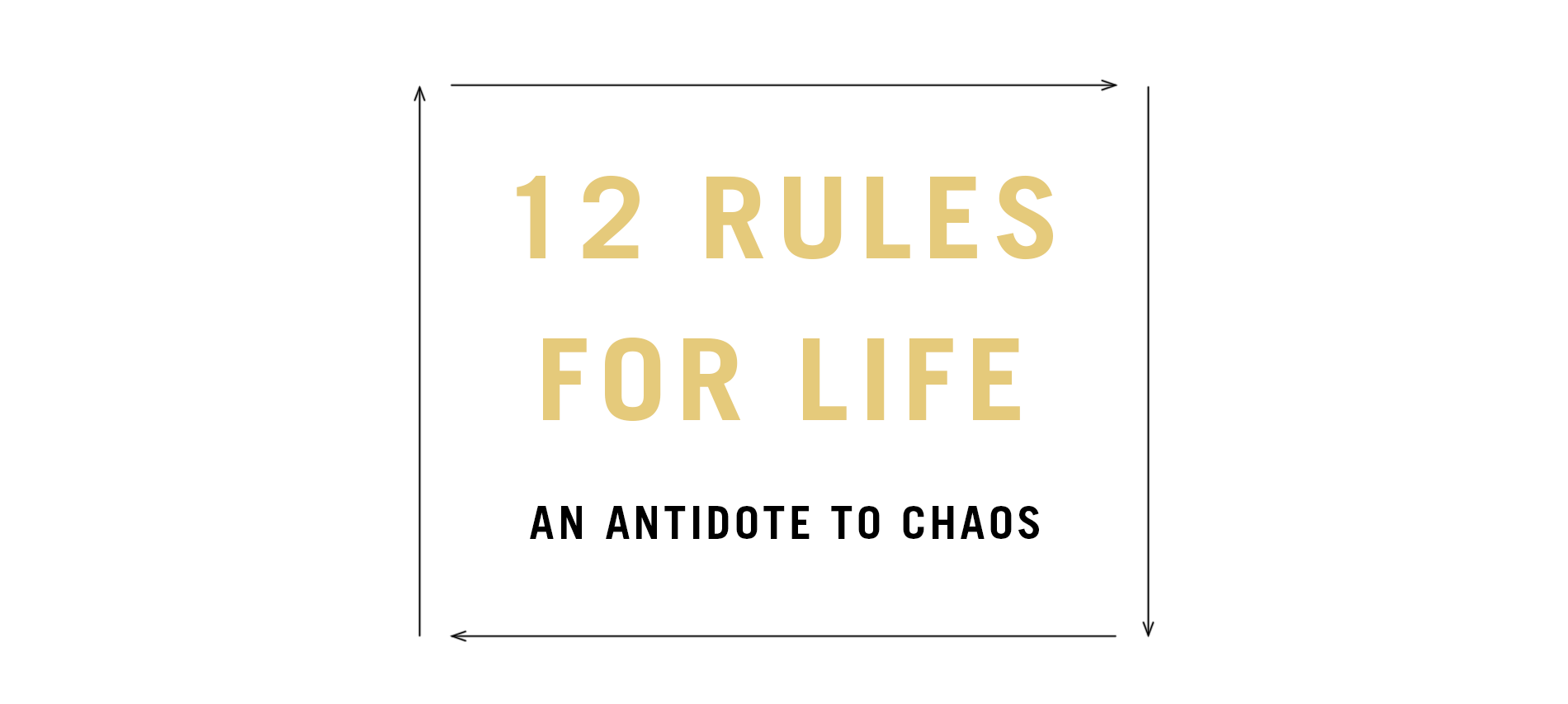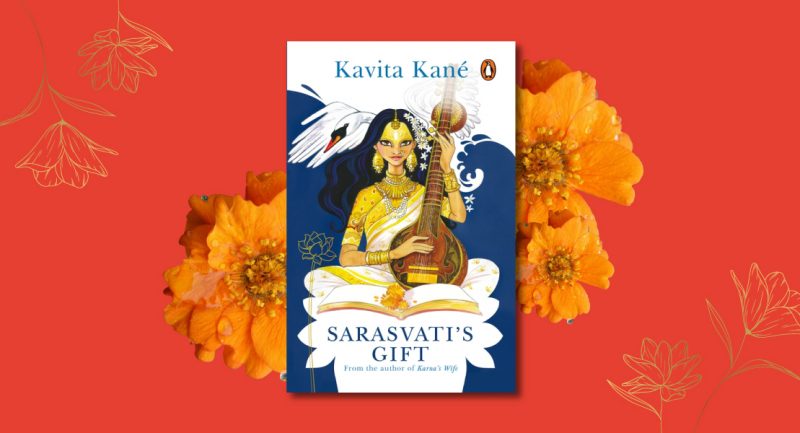
Jordan B. Peterson is a professor of psychology at the University of Toronto. Formerly a professor at Harvard University, he was nominated for its prestigious Levenson Teaching Prize. In this book, 12 Rules For Life: An Antidote to Chaos, he combines ancient wisdom with decades of experience to provide twelve profound and challenging principles for how to live a meaningful life, from setting your house in order before criticising others to comparing yourself to who you were yesterday, not someone else today.
Let’s read an excerpt from this fascinating book.
———–
RULES? MORE RULES? REALLY? Isn’t life complicated enough, restricting enough, without abstract rules that don’t take our unique, individual situations into account? And given that our brains are plastic, and all develop differently based on our life experiences, why even expect that a few rules might be helpful to us all?
People don’t clamour for rules, even in the Bible . . . as when Moses comes down the mountain, after a long absence, bearing the tablets inscribed with ten commandments, and finds the Children of Israel in revelry. They’d been Pharaoh’s slaves and subject to his tyrannical regulations for four hundred years, and after that Moses subjected them to the harsh desert wilderness for another forty years, to purify them of their slavishness. Now, free at last, they are unbridled, and have lost all control as they dance wildly around an idol, a golden calf, displaying all manner of corporeal corruption.
“I’ve got some good news . . . and I’ve got some bad news,” the lawgiver yells to them. “Which do you want first?”
“The good news!” the hedonists reply.
“I got Him from fifteen commandments down to ten!”
“Hallelujah!” cries the unruly crowd. “And the bad?”
“Adultery is still in.”
So rules there will be—but, please, not too many. We are ambivalent about rules, even when we know they are good for us. If we are spirited souls, if we have character, rules seem restrictive, an affront to our sense of agency and our pride in working out our own lives. Why should we be judged according to another’s rule?
And judged we are. After all, God didn’t give Moses “The Ten Suggestions,” he gave Commandments; and if I’m a free agent, my first reaction to a command might just be that nobody, not even God, tells me what to do, even if it’s good for me. But the story of the golden calf also reminds us that without rules we quickly become slaves to our passions—and there’s nothing freeing about that.
And the story suggests something more: unchaperoned, and left to our own untutored judgment, we are quick to aim low and worship qualities that are beneath us—in this case, an artificial animal that brings out our own animal instincts in a completely unregulated way. The old Hebrew story makes it clear how the ancients felt about our prospects for civilized behaviour in the absence of rules that seek to elevate our gaze and raise our standards.
One neat thing about the Bible story is that it doesn’t simply list its rules, as lawyers or legislators or administrators might; it embeds them in a dramatic tale that illustrates why we need them, thereby making them easier to understand. Similarly, in this book Professor Peterson doesn’t just propose his twelve rules, he tells stories, too, bringing to bear his knowledge of many fields as he illustrates and explains why the best rules do not ultimately restrict us but instead facilitate our goals and make for fuller, freer lives…
Order is where the people around you act according to well understood social norms, and remain predictable and cooperative. It’s the world of social structure, explored territory, and familiarity. The state of Order is typically portrayed, symbolically—imaginatively—as masculine. It’s the Wise King and the Tyrant, forever bound together, as society is simultaneously structure and oppression.
Chaos, by contrast, is where—or when—something unexpected happens. Chaos emerges, in trivial form, when you tell a joke at a party with people you think you know and a silent and embarrassing chill falls over the gathering. Chaos is what emerges more catastrophically when you suddenly find yourself without employment, or are betrayed by a lover. As the antithesis of symbolically masculine order, it’s presented imaginatively as feminine. It’s the new and unpredictable suddenly emerging in the midst of the commonplace familiar. It’s Creation and Destruction, the source of new things and the destination of the dead (as nature, as opposed to culture, is simultaneously birth and demise).
Order and chaos are the yang and yin of the famous Taoist symbol: two serpents, head to tail.* Order is the white, masculine serpent; Chaos, its black, feminine counterpart. The black dot in the white— and the white in the black—indicate the possibility of transformation: just when things seem secure, the unknown can loom, unexpectedly and large. Conversely, just when everything seems lost, new order can emerge from catastrophe and chaos.
For the Taoists, meaning is to be found on the border between the ever-entwined pair. To walk that border is to stay on the path of life, the divine Way.
And that’s much better than happiness.
————-










